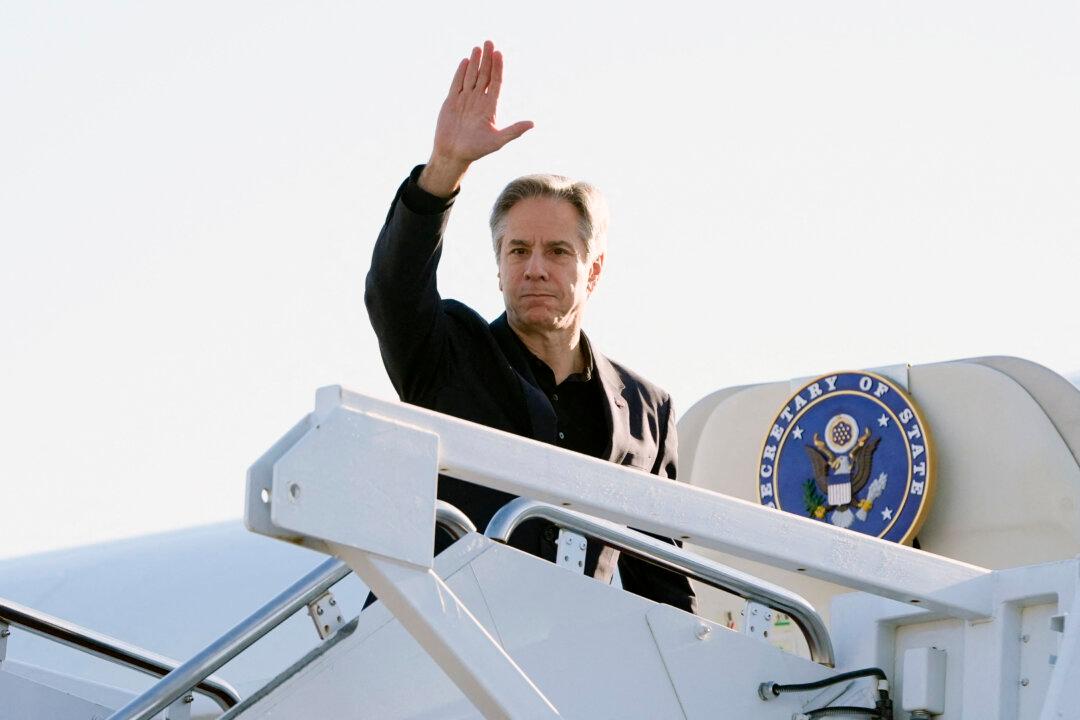U.S. Secretary of State Antony Blinken is heading to China this week for a three-day visit to tackle a range of contentious issues, including Taiwan, human rights, and Beijing’s aid to Russia.
Mr. Blinken’s second trip to China as secretary of state is the latest in a string of efforts by Washington to engage with Beijing. These efforts aim to stabilize the two nations’ still-fraught relationship. The United States and communist China are at odds on almost everything, from Russia’s war in Ukraine to the future of TikTok.




